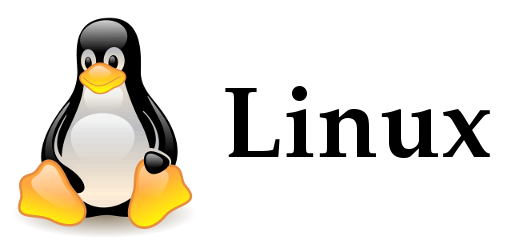Linux virtualization refers to running one or more virtual machines on a physical computer that’s operated by the Linux open sourceoperating system. Linux virtualization can be used for isolating specific apps, programming code or even an operating system itself, as well as for security and performance testing purposes.
Today’s more powerful computers and hardware have made virtualization more practical and feasible for both desktop and server environments, helping to save power by consolidating several workspaces on one system as well as maximizing the workload that the compute can handle. Popular Linux virtualization solutions include Xen, KVM, QEMU, VirtualBox and VMware.
Hardware virtualization
Main article: Hardware virtualization
Hardware virtualization or platform virtualization refers to the creation of a virtual machine that acts like a real computer with an operating system. Software executed on these virtual machines is separated from the underlying hardware resources. For example, a computer that is running Microsoft Windows may host a virtual machine that looks like a computer with the Ubuntu Linux operating system; Ubuntu-based software can be run on the virtual machine.
In hardware virtualization, the host machine is the actual machine on which the virtualization takes place, and the guest machine is the virtual machine. The words host and guestare used to distinguish the software that runs on the physical machine from the software that runs on the virtual machine. The software or firmware that creates a virtual machine on the host hardware is called a hypervisor or Virtual Machine Manager.
Different types of hardware virtualization include:
- Full virtualization: Almost complete simulation of the actual hardware to allow software, which typically consists of a guest operating system, to run unmodified.
- Partial virtualization: Some but not all of the target environment is simulated. Some guest programs, therefore, may need modifications to run in this virtual environment.
- Paravirtualization: A hardware environment is not simulated; however, the guest programs are executed in their own isolated domains, as if they are running on a separate system. Guest programs need to be specifically modified to run in this environment.
Hardware-assisted virtualization is a way of improving the efficiency of hardware virtualization. It involves employing specially designed CPUs and hardware components that help improve the performance of a guest environment.
Video game console emulation
Main article: Video game console emulator
A video game console emulator is a program that allows a personal computer or video game console to emulate a different video game console’s behavior. Video game console emulators and hypervisors both perform hardware virtualization; words like “virtualization”, “virtual machine”, “host” and “guest” are not used in conjunction with console emulators.
Snapshotting
Main article: Snapshot (computer storage)
A snapshot is the state of a virtual machine, and, generally, its storage devices, at an exact point in time. Snapshots are “taken” by simply giving an order to do so at a given time, and can be “reverted” to on demand, with the effect that the VM appears (ideally) exactly as it did when the snapshot was taken.
Teleportation
Main article: Teleportation (virtualization)
The snapshots described above can be moved to another host machine with its own hypervisor; when the VM is temporarily stopped, snapshotted, moved, and then resumed on the new host, this is known as teleportation (or migration). If the older snapshots are kept in sync regularly, this operation can be quite fast, and allow the VM to provide uninterrupted service while its prior physical host is, for example, taken down for physical maintenance.
Failover
Main article: Failover
Similar to teleportation above, failover allows the VM to continue operations if the host fails. However, in this case, the VM continues operation from the last-known coherent state, rather than the current state, based on whatever materials the backup server was last provided with.
Challenges
An issue with virtualization is the complexities of licensing. For example, a server running a Linux OS attempting to offer a virtualized Windows Server must still satisfy licensing requirements. Therefore the potential benefits and flexibility of on-demand virtualization must be balanced against the requirements of closed-source, proprietary systems. Some vendors of proprietary software have updated their licensing schemes to address virtualization.
Virtualized desktop results in dependence on centralized servers (for computing and SAN storage) and the network (and higher-bandwidth requirements). This leaves the end users vulnerable to server and network outages or capacity limits.
Desktop virtualization
Main article: Desktop virtualization
Desktop virtualization is the concept of separating the logical desktop from the physical machine.
One form of desktop virtualization, virtual desktop infrastructure (VDI), can be thought as a more advanced form of hardware virtualization. Rather than interacting with a host computer directly via a keyboard, mouse, and monitor, the user interacts with the host computer using another desktop computer or a mobile device by means of a network connection, such as a LAN, Wireless LAN or even the Internet. In addition, the host computer in this scenario becomes a server computer capable of hosting multiple virtual machines at the same time for multiple users.
Nested virtualization
Main article: Nested virtualization
Nested virtualization refers to virtualized virtualization, or simulation of a virtual machine within another. The general concept can be extended to an arbitrary depth. A nested guest virtual machine need not be homogenous with its host virtual machine (e.g., application virtualization within hardware virtualization).
OpenVZ
Virtualbox
VMWare
Xen
Citrix XenServer
Sun xVM
Oracle VM



